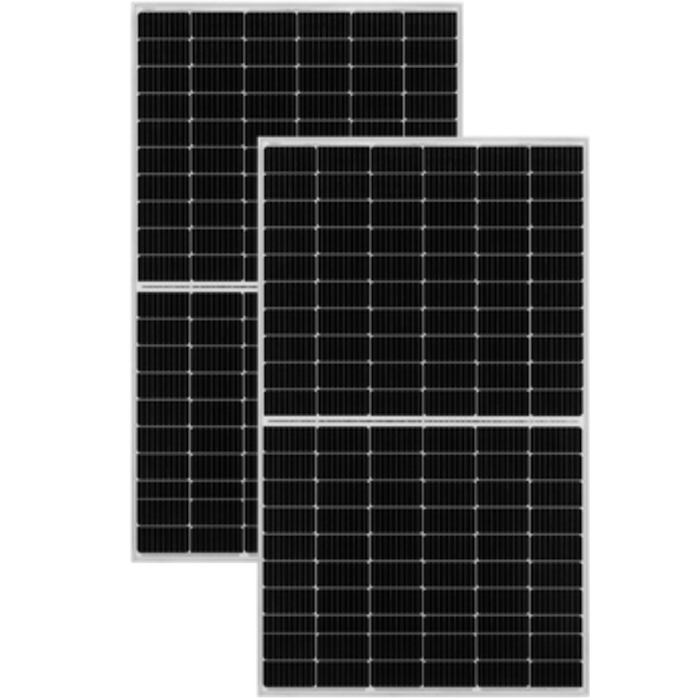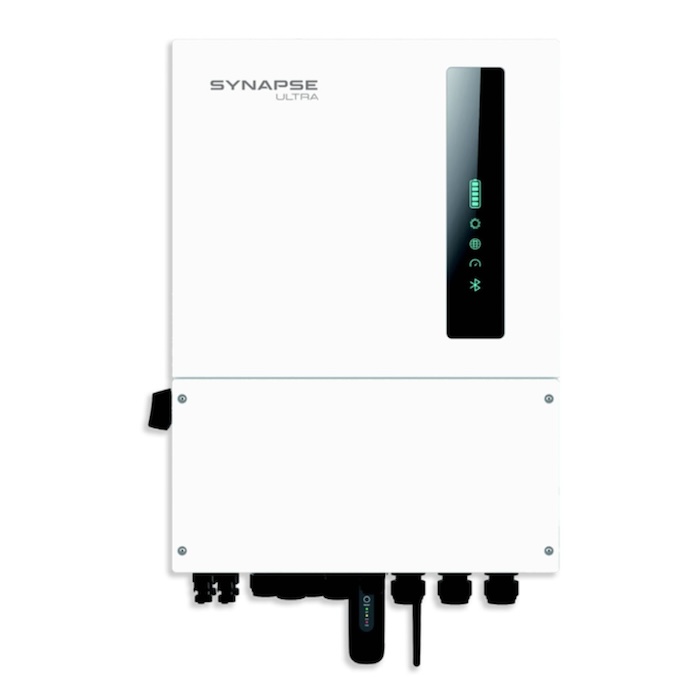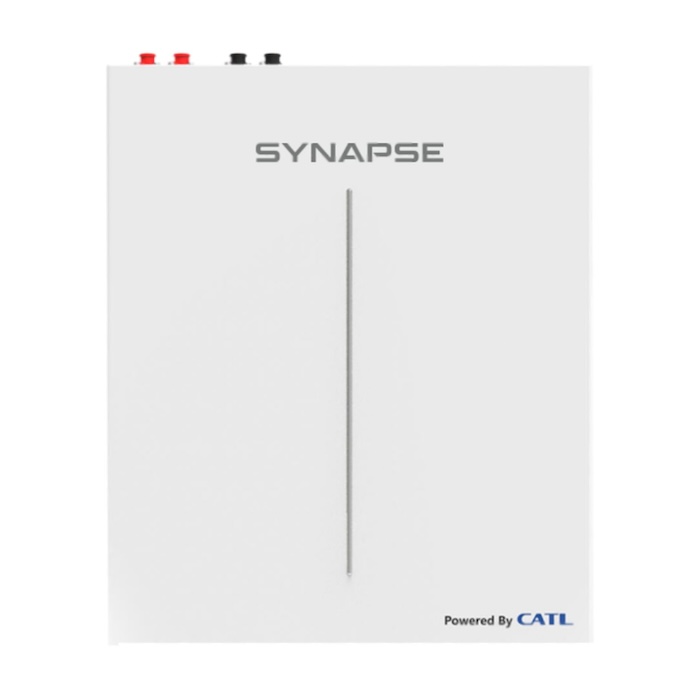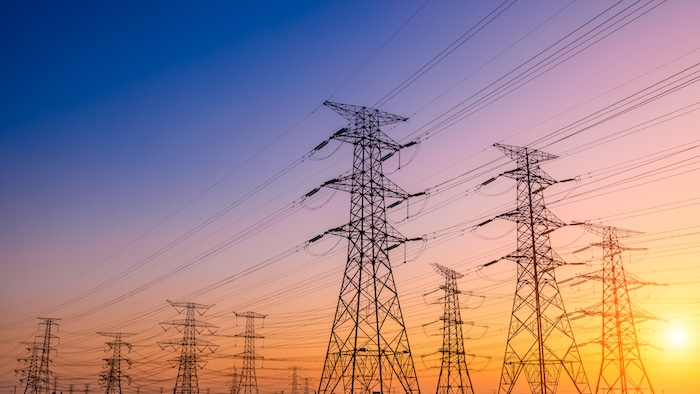
Whether you're considering installing solar panels or opting for a backup power system for your home or business, it's essential to familiarise yourself with key concepts and terminology.
In today's world, the shift away from fossil fuels like coal, oil, and gas is evident as people seek more environmentally friendly energy sources such as sunlight, wind, and water.
South Africa, known for its abundant sunshine, is no exception to this global trend. With frequent power outages driving the demand for alternative energy solutions, solar power has emerged as the most sustainable answer.
Embracing Solar Energy: A Plan(et) B
Solar energy stands as a clean and renewable source of power. By harnessing sunlight, solar panels convert it into usable energy that can not only power your home but also save you money on your electricity bill and reduce your carbon footprint.
Whether you're considering installing solar panels or opting for a backup power system for your home or business, it's essential to familiarise yourself with key concepts and terminology. Here are a few important terms to know:
|
|
Solar panel - turns sunlight into energy. |
|
Inverter- converts the direct current (DC) electricity produced by solar panels or stored in your batteries into alternating current (AC) electricity to use in your home or business. |
|
|
|
Battery - stores electricity produced by solar panels or drawn from the grid for later use, such as during a power outage when you are disconnected from the electric grid or when there's not enough solar power generated - like at night. |
|
The grid- the municipal electric grid that supplies electricity from Eskom to houses and businesses. |
|
There are three types of solar panel systems:
- A grid-tied system is connected to the electricity grid, so your home can draw power from the grid when the sun isn't shining. It's the least expensive option because it doesn't come with a battery, but it's not a great option if you live in an area with high power outages or where your energy consumption pattern isn't during sunlight hours.
- An off-grid system is completely removed from the grid, and you need enough solar panels and batteries to power your home at all times. Off-grid solutions are more expensive but give you the most peace of mind.
- A hybrid systemis connected to the grid, but comes with a battery to store energy generated by Eskom, as well as excess solar energy generated if you have solar panels. This means you can draw power from your solar panels during the day and use your battery or power from the grid at night. Hybrid systems are a good option if you want to save money on electricity and be prepared for power outages day and night.
Once you understand these basic concepts, you can start exploring different types of...
Solar panels, batteries and installations
There are two main types of solar panels: monocrystalline and polycrystalline.
- Monocrystalline panels are made from a single source of silicon with a high heat tolerance. It has a higher efficiency of 24%, meaning you convert more sunlight into energy, a lifespan of between 25 and 40 years, and is the more expensive option.
- Polycrystalline panelsare a less expensive blend of multi silicon sources. It has a lower heat tolerance, lower efficiency (19%) and a lifespan of between 20 and 35 years.
The performance of your solar panels depends on the amount of sunlight, the type of solar panel, and the angle of the panel. Solar panels are most efficient when they face directly north and there is no cloud cover.
There are also four types of batteries: lead acid, gel, lithium-ion and lithium phosphate. Although lead acid and gel batteries have lower upfront costs, their lower life spans, longer recharge times and temperature sensitivity do require them to be replaced more regularly. Lithium batteries, despite higher upfront costs, are more durable.
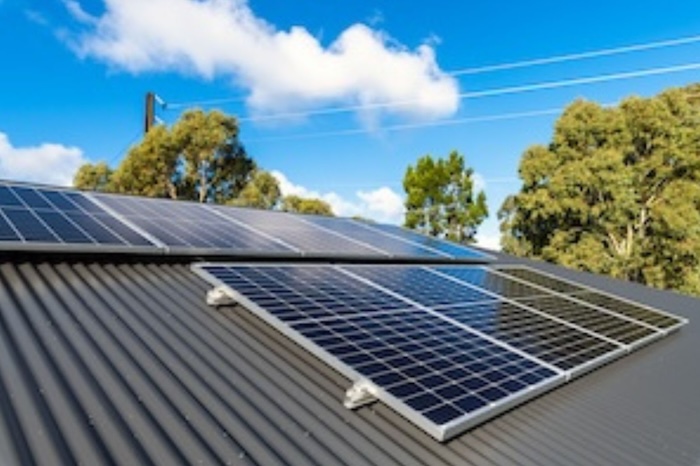
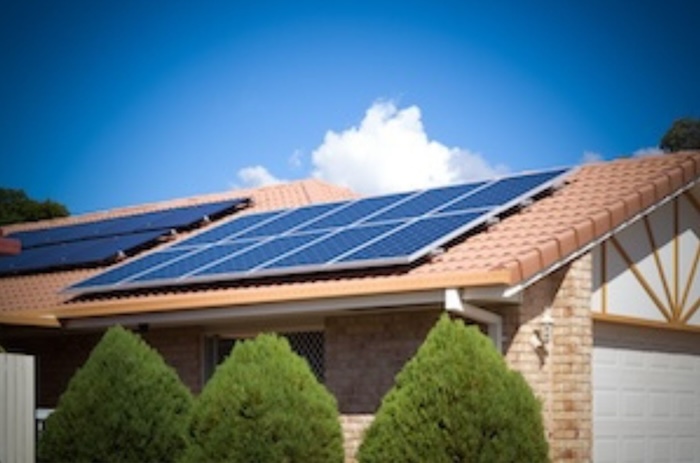
Ready for solar? How to get started
If you're thinking about installing solar panels, it's important to do your research and talk to a solar expert. The type of solar installation you choose will depend on your individual needs, like the size of your home, your energy consumption, your lifestyle and your budget.
Power your home your way with Discovery Bank Energy Solutions in partnership with Rubicon. Use this simple calculator to find the best system for you and view your potential energy savings and return on investment. A Rubicon energy adviser will guide you every step of the way - and our competitive financing options will make your solar dreams a reality.
The Future of Banking. Now.
This article is meant only as information and should not be taken as financial advice. For tailored advice, please contact your financial adviser.
